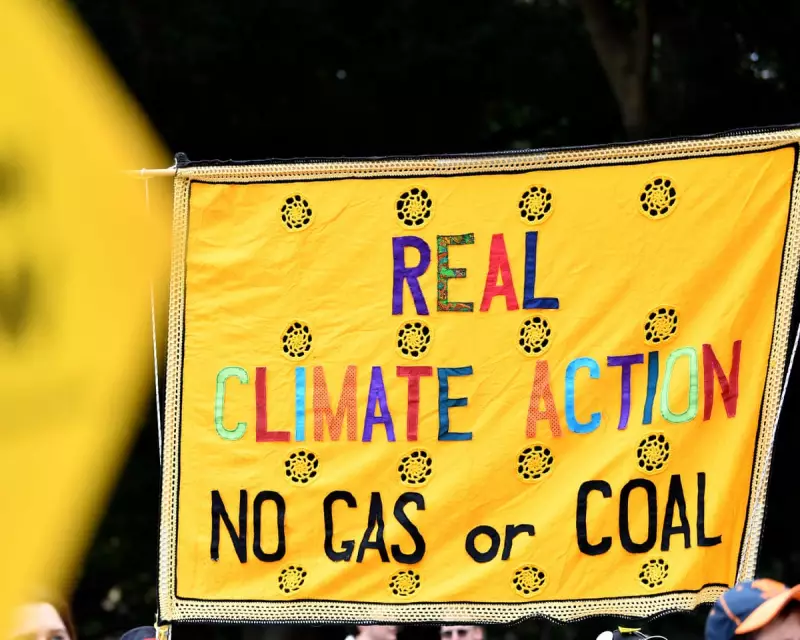
Australia's powerful coal mining lobby is urging the federal government to direct intelligence agencies to monitor and report on environmental activist groups for potential foreign influence, in a move that critics warn could weaponise national security against legitimate protest.
The Minerals Council of Australia, representing the nation's lucrative mining sector, has called for mandatory reporting requirements that would force ASIO and other security bodies to investigate and disclose foreign links within environmental organisations.
Corporate Lobby Seeks Security Powers Against Critics
In a submission to parliament's intelligence committee, the mining lobby argues that environmental groups campaigning against fossil fuel projects should be subject to the same scrutiny as other sectors under Australia's foreign transparency scheme.
The council claims that environmental activism poses a significant threat to the nation's economic interests and energy security, justifying enhanced surveillance measures. Their proposal would essentially classify environmental campaigning as a national security matter.
Civil Liberties Warning: 'Dangerous Precedent'
Civil society groups and legal experts have sounded alarms about the potential consequences of allowing corporate interests to dictate national security priorities.
Key concerns raised include:
- The potential for powerful industries to silence legitimate dissent
- The misuse of intelligence resources for corporate benefit
- The creation of a 'chilling effect' on environmental advocacy
- The undermining of democratic rights to protest
Transparency International Australia has condemned the proposal as a "dangerous precedent" that could allow commercial interests to manipulate security agencies for competitive advantage.
Political Divide Over Security and Protest Rights
The debate exposes deepening tensions between Australia's economic interests and climate action commitments. While the coalition has historically supported stronger resource sector protections, the current Labor government faces pressure from both environmental advocates and industry stakeholders.
Security analysts note that while genuine foreign interference requires attention, broadening definitions to include domestic activism risks compromising fundamental democratic principles. The outcome of this lobbying effort could redefine how Australia balances national security with civil liberties in an era of heightened environmental awareness.





